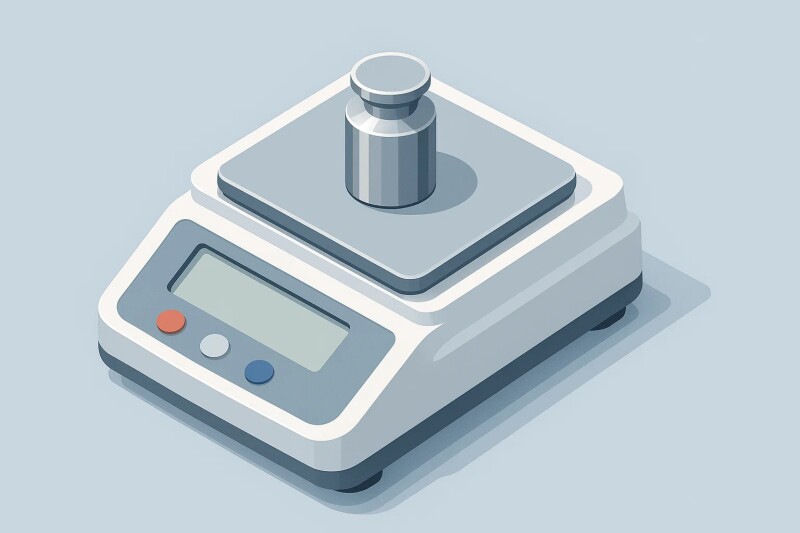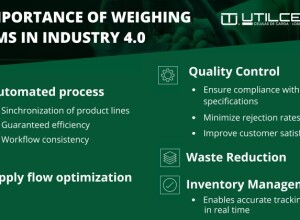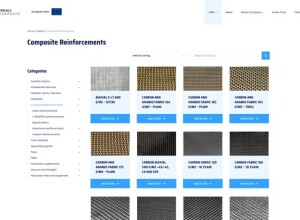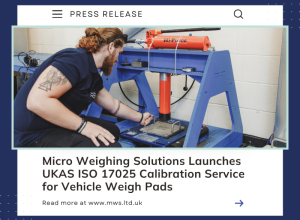[Article]: Top Weighing Equipment Used in Schools, Universities, and Training Institutions
Educational institutions require reliable and safe weighing equipment for teaching science, chemistry, biology, food technology, and engineering. From basic classroom experiments to advanced university research, choosing the right scale enhances learning and promotes scientific accuracy. Below are the most common types of weighing equipment used in educational settings.
1. Educational Precision Balance
Used for: General science lab activities in schools and colleges
Readability: 0.01 g to 0.1 g
Key Features: Easy to operate, digital display, durable design
These balances are ideal for experiments that require reasonably accurate measurements without the complexity of high-end lab equipment.
2. Mechanical Triple Beam Balance
Used for: Physics and chemistry education in secondary schools
Readability: 0.1 g
Key Features: No power required, robust, manual operation using sliding weights
A classic tool for teaching the principles of mass, gravity, and balance.
3. Analytical Balance (for Universities)
Used for: University-level chemistry, pharmacy, and research labs
Readability: 0.1 mg (0.0001 g)
Key Features: Enclosed draft shield, internal calibration, high precision
Essential for advanced scientific experiments requiring extremely accurate weighing.
4. Compact Digital Scales
Used for: General use in food science, biology, or introductory science labs
Readability: 1 g to 0.1 g
Key Features: Lightweight, battery-powered, easy to store
Ideal for classrooms with limited space and budgets, while still offering adequate precision.
5. Kitchen Scales (Food Tech and Culinary Programs)
Used for: Weighing ingredients in food technology or nutrition education
Readability: 1 g or 0.1 oz
Key Features: Flat platform or bowl design, tare function
Common in vocational training and culinary schools where portion accuracy and recipe consistency are taught.
6. Pocket Scales (for Field or Mobile Use)
Used for: Environmental science, agriculture, geology fieldwork
Readability: 0.01 g to 1 g
Key Features: Highly portable, battery-operated, compact
Useful for outdoor lessons or mobile training programs where lightweight tools are essential.
7. Demonstration Balances (Oversized or Transparent)
Used for: Classroom teaching and demonstrations
Features: Large size for visibility, often with transparent parts to show internal mechanisms
Excellent for teaching balance principles to large student groups or in early science education.
8. Spring Scales (Newton Meters)
Used for: Teaching force and mass relationships in physics
Readability: Usually in newtons, but some measure mass in grams
Key Features: Color-coded, easy to read, affordable
A hands-on tool to help students visualize force, gravity, and mass in mechanics lessons.
9. Smart Balances (With App Connectivity)
Used for: Modern STEM classrooms and digital learning environments
Key Features: Bluetooth or USB connectivity, integrates with tablets and lab software
These tech-friendly tools make weighing more interactive and suitable for remote or hybrid learning labs.
10. Anti-Vibration Tables (for Sensitive Equipment)
Used for: Stabilizing sensitive balances in university or technical institute labs
Key Features: Shock-absorbing structure, improves precision
Often used with analytical balances in research and advanced training environments to reduce error.
Conclusion
From primary school science rooms to advanced research labs in universities, the right weighing equipment supports accurate measurement, scientific thinking, and hands-on learning. Choosing the appropriate scale depends on the subject, skill level, and teaching objectives of the institution.
Looking for the Right Scale for your classroom or lab?
At Weighing Review you will find articles and other contents about all type of scales and other weighing solutions such as technical articles, videos, case studies and guides. You can also search the Suppliers Directory and Marketplace to find the best supplier and product for your weighing needs.



























Interested? Submit your enquiry using the form below:
Only available for registered users. Sign In to your account or register here.